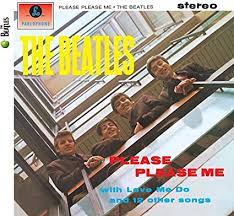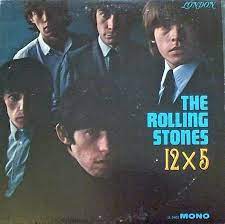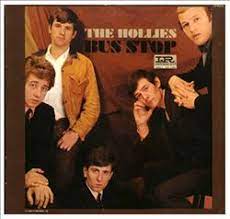Tutorial Pricing: $3.25ea OR any 10 for $10
(use code "Any10410" at checkout)
Paid Requests for $25ea
(comes with any 8 freebies -> so 9 for $25)
100's Of Free Demos & Chord Sheets
60s Rock Bands
On The Acoustic
Welcome to my 60s rock bands on the acoustic section. This section has a combination of bands, duos and artists with free demos, chord sheets and more.

Jump menu to quickly access the sections.
60s Rock Bands
Chords, Lyrics, Demos, Tutorials
1. A Day Without Love - The Love Affair
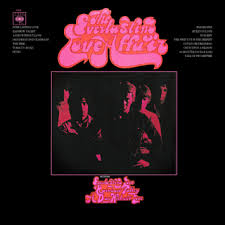
A Day Without Love was a hit single for The Love Affair, released in 1968. It appeared on their debut album, "The Everlasting Love Affair," which was also released that year.
The song performed well on the UK Singles Chart, peaking at number 6 and further solidifying the band's popularity following their number one hit "Everlasting Love." Written by Philip Goodhand-Tait, "A Day Without Love" showcased Steve Ellis's powerful vocals and the band's signature blend of pop and soul.
I play this one with a down down up down up down up rhythm pattern. There is some d-cending orchestration line in here which can be duplicated slightly on the acoustic. The chords you'll need here are G, D/Gb. F, E7, Am, Am/G, D, C/G, C and an Em.
A Day Without Love ... info soon
Jump To Top Of 60s Rock Bands
2. Free As The Wind - The Myddle Class
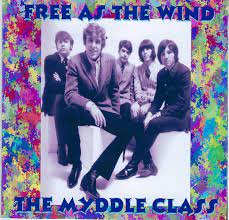
Free As The Wind ... info soon
Jump To Top
3. Never My Love - The Association
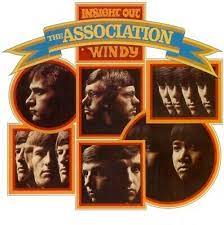
Never My Love was released in 1967 was the 2nd most played song on radio and television during the 20th century in the US. Many artists recorded this song thru the years.
The song can be found on their album "Inside Out".
- Drop D Tuning: No
- Capo: 2nd fret
- Rhythm: root up down up root up down up and repeat
- Picking: a little
- Chords: G, D/Gb, F, C, Em, Cmaj7, B7sus, A7, Dmaj7, Cmaj7
Jump To Top Of 60s Rock Bands
4. The Way You Look Tonight - The Lettermen
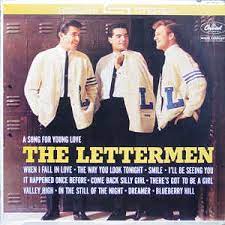
The Way You Look Tonight song dates back to 1936 when Fred Astaire sang the song in a film called Swing Time.
Up through the years other artists recorded the song including Phil Collins, Rod Stewart, Bing Crosby and in 1961, The Lettermen had a #13 in the US and a #36 in the UK with their version.
- Drop D Tuning = No
- Capo = No
- Rhythm = down down down up down down and repeat and downstroke in places
- Picking = No
- Chords = Em, C, B7, Dbm, Gbm, E, G, Gb, F, D, Bm, Am
Jump To Top
5. Time Won't Let Me - The Outsiders
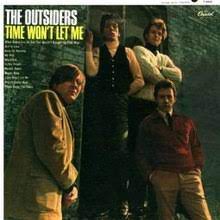
Time Won't Let Me is from 1966 by The Outsiders, a band based out of Cleveland Ohio.
They managed a #5 hit in the USA and Canada. This song is from the album of the same name.
- Drop D Tuning = No
- Capo = No
- Rhythm = down down up down up down up and repeat and some steady up and down
- Picking = Yes
- Chords = A, Gbm, G, E, Bm, Dbm, D
Jump To Top
6. Venus - Shocking Blue
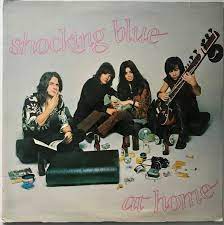
Venus was a monster hit for the Dutch group Shocking blue in the summer of 1969. The song reached #1 in nine countries, including the US.
The song appeared on their 2nd album "At Home" released in 1969.
- Drop D Tuning: No
- Capo: No
- Rhythm: down down down up and repeat
- Picking: Yes a little
- Chords: Bsus, Em, A, D, Am, C, B
Jump To Top Of 60s Rock Bands
7. Walk Away Renee - The Left Banke
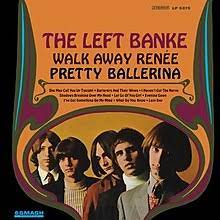
Walk Away Renee was a 1966 hit for The Left Banke, reaching #5 on the US and New Zealand and #3 in Canada.
The track is from the album of the same name.
- Drop D Tuning: No
- Capo: No
- Rhythm: down down up down up down up and repeat
- Picking: A little into the rhythm
- Chords: D, A/Db, B, A, E/Ab, G, D/Gb, Gbm, E, Bm, B7, Gbm/F, A6, Gbm6
Jump To Top
8. Whiter Shade Of Pale - Procol Harum

Whiter Shade Of Pale was released back in 1967 and has been covered more than 1000 times up through the years. It peaked at #1 in the UK and #5 in the US. The song had four verses but many times only two are heard.
I've put in three verses in my version here. The song was in the can in two takes and can be found on their debut album.
- Drop D Tuning = No
- Capo = No
- Rhythm = root up down up, root up down up and repeat - but you'll be playing the organ riffs in the break
- Picking = Yes
- Chords = C, G6, Am, Am/G, F, Em, Dm, Dm/C, Dm/A, G
Jump To Top
9. Whiter Shade Of Pale - Dave Matthews Ver
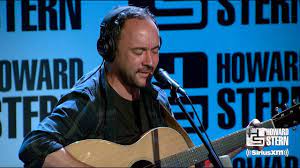
Whiter Shade Of Pale is of course an old 60's number from Procol Harum. Dave Matthews played an acoustic version on Howard Stern's radio show, but was never released as a single.
In fact it isn't on any Dave Matthews album I could find.
Jump To Top
10. Windy - The Association
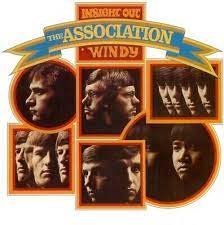
Windy was actually written about a man according to Ruthann Freidman and in 1967 the song was a #1 hit for The Association. Later on she changed the story and said the song was written about herself.
it can be found on their "Inside Out" album as well.
- Drop D Tuning: Yes
- Capo: No
- Rhythm: down down up down down up and repeat
- Picking: Yes
- Chords: D, C, G, A, Em, Dmaj7, A7sus, A7
Jump To Top Of 60s Rock Bands
Thank you for visiting my 60s rock bands page and I hope you found some useful and helpful info here.
If you liked this 60s Rock Bands page you might also like ... (click images)
Popular Songs From The 60s
